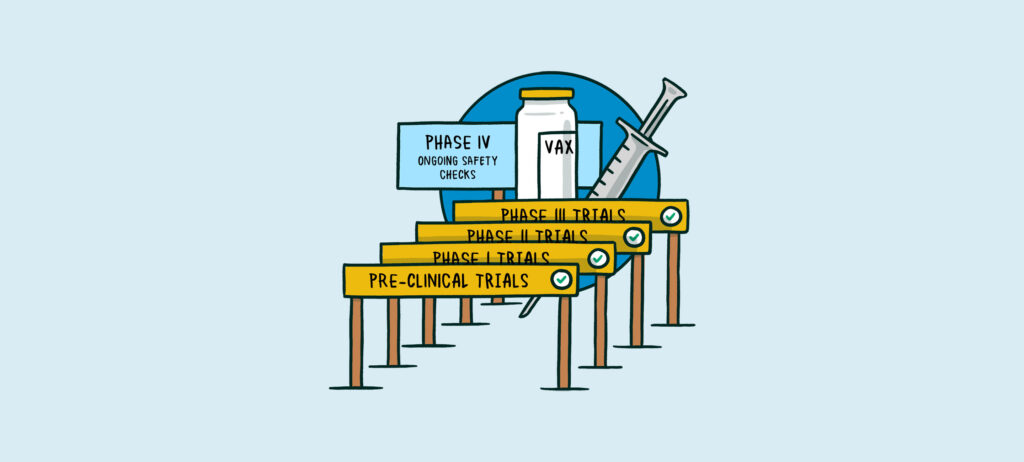
Staying Informed About Vaccine Safety and Effectiveness
Public health authorities and healthcare experts are important in discussing vaccination against illnesses, including Covid-19, with all their patients.
Vaccines often play a vital role in preventing deaths as well as hospitalization that infectious illnesses cause. They also contribute to controlling the spread of illnesses; hence, their effect on serious illnesses and infections is vital.
According to experts at Prism Health Labs, both unvaccinated and vaccinated people should as well be aware of additional protective measures needed to control illnesses locally and globally.
Table of Contents
How Vaccines Work
As mentioned earlier, vaccines prevent individuals from dying or getting ill. They achieve this by training people’s immunity to clear out and recognize infections and viruses before they cause serious illnesses. People’s body immunity often builds this over time.

In order to get proper protection against death or serious illnesses, you will need to be updated with vaccination recommended for individual health needs and your age.
For instance, the virus causing Covid-19 has protein spikes on every viral particle. Normally, these spikes enable coronavirus to attach to human cells, causing the illness. This is why Coid-19 vaccines are developed to help patients’ body to do the following:
- Recognize protein spikes as serious threats
- Fight viruses with those spikes
Why Get Vaccinated
Vaccines are effective tools required to protect you and everyone you love from getting illnesses. There are different reasons to get vaccinated. But the most common ones include reducing the spread of illnesses, being updated with vaccines, and offering extra protection to individuals with diseases like Covid-19.
Ensuring Safety
Millions of individuals globally have been vaccinated safely against illnesses. All the WHO-approved vaccines have been tested carefully, and some are still closely monitored.
In addition, all vaccines go through a multi-stage and rigorous process, including clinical trials involving thousands of people. Usually, these clinical trials are designed to identify safety concerns.
A panel of experts analyzes results from different clinical tests and then recommends how and whether vaccines can be used. The standard for clinical tests often includes three phases, including phase 1, phase 2, and phase 3.
The major interest in monitoring different activities needs to be the generation of knowledge on the safety of people getting vaccines, considering the situations, actors, and actions involved in various immunization campaigns, covering the following:
- Diverse healthcare systems
- Geographical regions
- Population groups
Ensuring Effectiveness
All the vaccines that WHO approves for emergency use listing also go through tests so as to test their effectiveness. In order for them to be approved, vaccines must have a 50% efficacy rate and above. After their approval, they are still monitored for effectiveness and safety.
This effectiveness is often measured by looking at how vaccines work so as to protect the whole community. The effectiveness of vaccines may differ from efficacy measured in clinical tests as experts may predict how effective vaccinations can be for more variable and bigger populations being vaccinated in real-life situations.
In a Nutshell!
Serious side effects, which can use long-term health issues, are rare following vaccination. The benefits of vaccination outweigh the potential risks. But CDC is still monitoring different vaccines to ensure their safety and effectiveness.